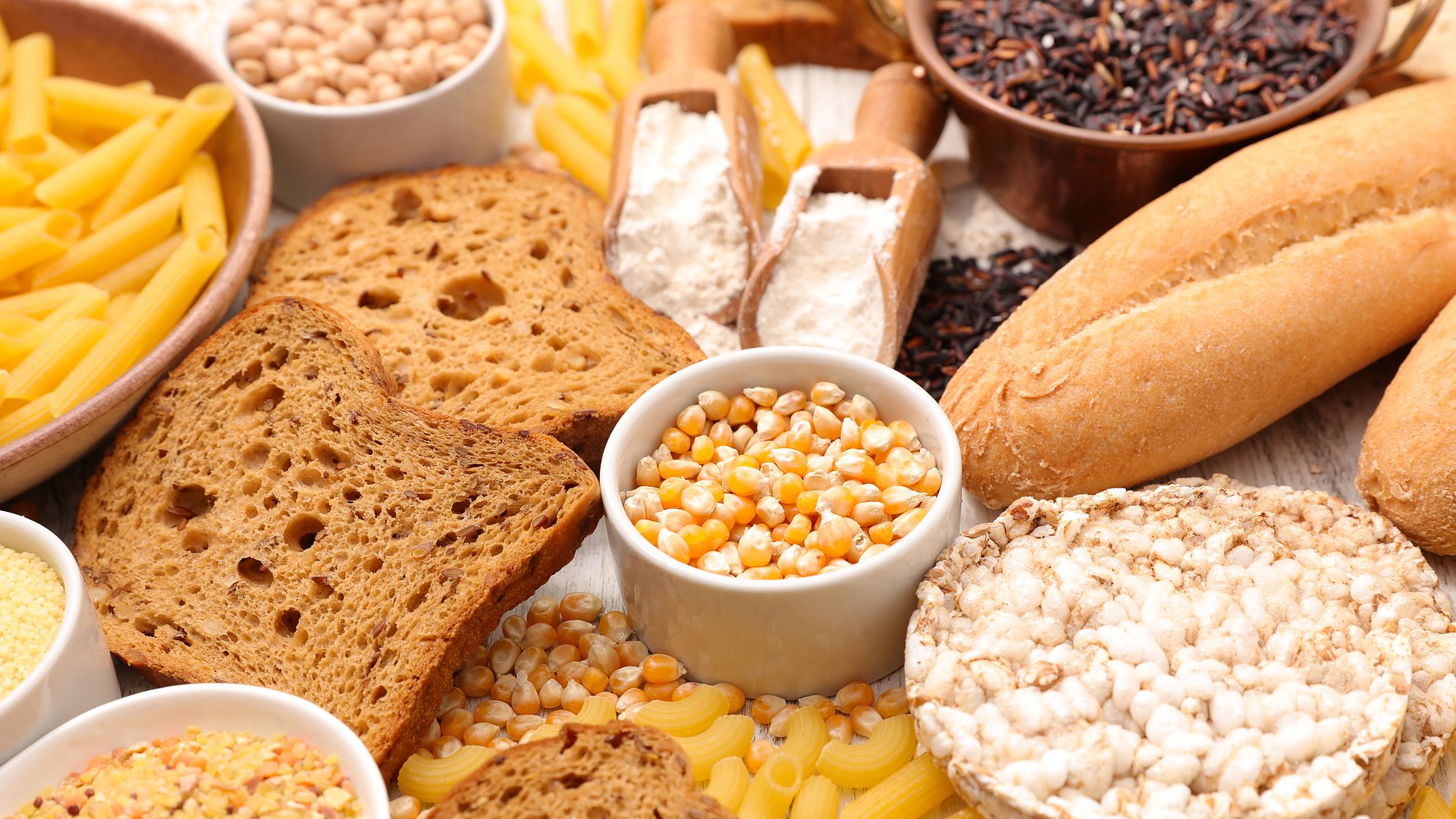Women more often have self-reported NCGWS; those who self-report NCGWS more likely to have anxiety, depression, IBS
By Elana Gotkine HealthDay Reporter
WEDNESDAY, Oct. 29, 2025 (HealthDay News) — About 10 percent of people self-report non-celiac gluten/wheat sensitivity (NCGWS), which is more common in women and is associated with anxiety, depression, and irritable bowel syndrome (IBS), according to a study published online Oct. 28 in Gut.
Mohamed G. Shiha, from the University of Sheffield in the United Kingdom, and colleagues conducted a systematic review and meta-analysis to estimate the global burden and clinical characteristics of self-reported NCGWS. The analysis included 25 studies, with 49,476 participants from 16 countries.
The researchers found that the pooled prevalence of self-reported NCGWS was 10.3 percent, with variation seen between countries. Forty percent of those reporting NCGWS adhered to a gluten-free diet. Bloating, abdominal discomfort, abdominal pain, and fatigue were the most common symptoms (71.0, 46.0, 36.0, and 32.1 percent, respectively). Women more often had self-reported NCGWS than men (odds ratio, 2.29). The likelihood of reporting anxiety, depression, and IBS was increased for individuals who self-reported NCGWS compared with controls (odds ratios, 2.95, 2.42, and 4.78, respectively).
“Self-reported NCGWS was significantly more prevalent among females and was associated with anxiety, depression and IBS. Almost half of the individuals with self-reported NCGWS follow a gluten-free diet, often without formal medical advice or diagnosis,” the authors write.
One author disclosed ties to PrecisionBiotics.
Copyright © 2025 HealthDay. All rights reserved.








